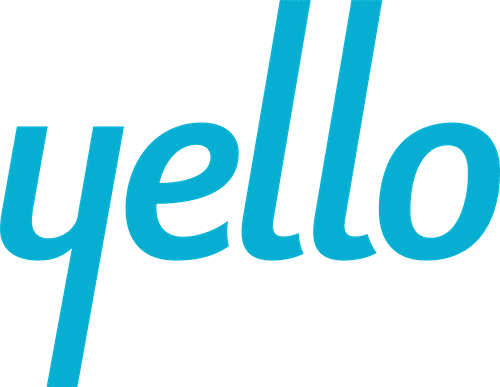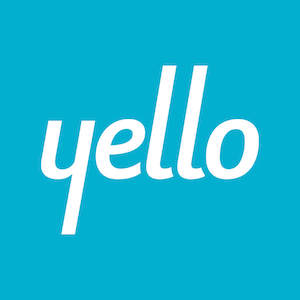Before we tackle the challenges of executing a career fair with a decentralized human resources team, let’s cover a few basics.
What is decentralization?
Talent management teams that take a decentralized approach have separate business units that operate autonomously and make decisions independently of each other. For example, an organisation with a health and wellness, consumer products and food and beverage division may have separate human resources teams that operate under each individual area of the business.
There can be several advantages of decentralization, including policies that are tailored to each business unit, more effective leadership, and better flexibility when it comes to change management.
But when it comes to campus recruitment, decentralization comes with some challenges. Executing recruitment events with multiple stakeholders and business units can lead to lack of consistency and organization across the board, which causes confusion and lack of efficiency for recruiters and a poor candidate experience for job seekers.
Here are a few of the most common challenges faced by decentralized recruiting teams at career fairs, and how to solve them.
How to recruit on campus with a decentralized team
Challenge: Every business unit has their own career fair booth
With a decentralized organizational structure, multiple divisions of one company may attend the same career fairs and compete for the same talent. Operating independently, every business unit sends their own representatives to recruit candidates for division-specific job openings. This can result in increased travel expenses, potential miscommunication about how many career fair booths the company should have, and competition amongst co-workers looking to recruit the same talent.
Solution:
Now is the time to adopt a more centralized model. Appoint one team lead for each hiring event your company attends, and ask them to coordinate all of the details. Ask them to compile a single recruiting team with representatives from each division, and be the point of contact between your company and the career services department at each university.
Collect candidate data like resumes and evaluation forms with mobile recruitment technology. After the event, every division can access information about candidates who attended, and interested recruiters can immediately follow up with automated email and text communications. Using recruitment technology also gives each business unit a database of candidates throughout the year. Instead of stuffing a pile of resumes in a desk drawer, there’s a digital talent pipeline at each recruiter’s fingertips.
Sending one team and empowering them all to access the same candidate data cuts recruiting costs, makes your company appear more organized to students on campus, and ultimately improves campus recruiting ROI.
Challenge: Different business units recruit and extend offers to the same candidates
Without communicating across business units, decentralized recruiting teams run the risk of interviewing and extending offers to the same career fair candidates, which is both a poor use of resources and may make your company appear unorganized to job seekers.
Solution:
Train all staffers to record their candidate notes in a central location where other team members can view them. Adopt candidate evaluations that use standardized criteria and can be easily understood by all recruiters. Recruitment software also makes it easier for all team members to see a candidate’s hiring status throughout the process, eliminating duplicate efforts to reach the same talent.
Challenge: Candidates are confused by different divisions within the same company
Sending candidate communications from each business unit about division-specific goals and job opportunities can quickly lead to confusion. Candidates who don’t understand that your organization has distinct divisions may wonder why the same company is contacting them multiple times, leading them to choose an opportunity with a competitor.
Solution:
Use candidate relationship management (CRM) software to create a targeted marketing strategy, introducing the company and its separate business units. Segment audiences to create messaging specific to a candidate’s interests and role. Coordinated candidate communications ensure candidates never receive competing messages from different divisions, and that your company recruits with a single voice and a cohesive message.
Challenge: each business unit collects their own event recruiting data, leading to inconsistent reporting
If post-event reporting consists of stories about long lines at career fair booths and a folder full of paper resumes, you’re missing out on recruitment data that demonstrates ROI to company leadership. Even for decentralized teams, organization-wide campus recruiting KPIs are essential for making data-driven decisions that guide the company strategy.
Solution:
With recruitment events software, every business unit can report key recruitment metrics for each job fair. Find out if the event is valuable for company-wide or business unit talent acquisition goals, and run reports on the number of candidates met, event expenses, recruiter performance and more, to provide ROI data for hiring managers and company management.
By providing traditionally independent recruiting teams with access to meaningful data, a searchable resume database and a candidate communication platform, you’ll be able to offer a more consistent candidate experience while empowering every business unit be more successful in hiring top talent.




